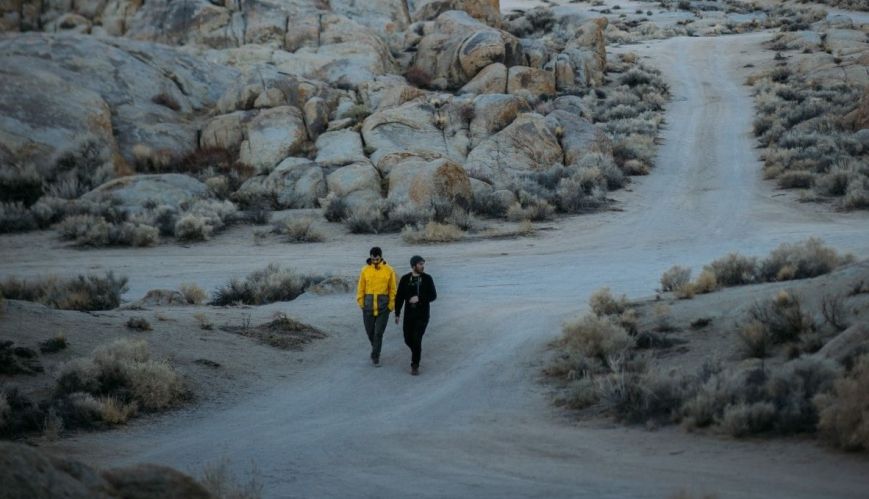Creating holistic pathways to love others like Jesus did

Creating holistic pathways to love others like Jesus did
8 August 2021
The Salvation Army, in working alongside others, should graciously share the Good News of Jesus and grow in our faith together, says Commissioner Janine Donaldson. Photo by Robson Hatsukami Morgan on Unsplash.
If you look up the word ‘holistic’, the definition is “characterised by comprehension of the parts of something as intimately interconnected and explicable only by reference to the whole”.
In medicine, that same word is defined as being “characterised by the treatment of the whole person, taking into account mental and social factors, rather than just the symptoms of a disease.”
The idea of a holistic approach is not new.
Paul spoke about a healthy church body and compared it to that of a healthy human, writing, “He makes the whole body fit together perfectly. As each part does its own special work, it helps the other parts grow so that the whole body is healthy and growing and full of love” (Ephesians 4:16 NLT).
There is plenty of helpful, resourceful, well-written and informative documentation on creating faith pathways through a holistic approach to the human condition that values spirituality.
The Salvation Army, in working alongside others, should graciously share the Good News of Jesus and grow in our faith together. The Salvation Army is rich in opportunities to find ways to share our love for Jesus by providing ministry on a day-to-day basis through many different and varied ways.
Yet, for all our good intentions and desires to take a holistic approach, we perhaps courageously need to ask ourselves why we don’t see more success.
Many years ago, I read this quote from Mahatma Gandhi, who sadly said: “I like your Christ, I do not like your Christians. Your Christians are so unlike your Christ.” He’s not alone in thinking this. Do we get misunderstood on some issues? Of course. But we don’t have much control over that. However, in our approach to creating holistic faith pathways for others, there is much we do have control over. As I look at my own life, let me share a few things that may distract us from more success.
It doesn’t take long for people to tell you how much they dislike Christians judging other people. Social media will quickly reveal Christians condemning others for the things they are involved in – lifestyle choices, sexual preferences and even political views.
I don’t think this is what Jesus had in mind when he gave his life in love for the world. Few people get judged into a life change, far more get loved into it. I have found love and forgiveness of sin in my own life, and being loved means I can love others just like Jesus did.
The truth, as much as I detest it, is that I’m a hypocrite. My walk doesn’t always match my talk. I fail miserably at times. What did Paul say? “Nothing good lives in me. Thanks be to God through Jesus Christ our Lord” (Romans 7:18). What a life verse this is. Sanctification is a process that never ends. I am not who I want to be (yet). I am not who God wants me to be. But I’m different. I’m changing. And God is at work in me. I believe that’s the reality for every person who calls Jesus Saviour.
How do I change? I watch what I say. I mustn’t pretend to be who I am not. We change by living through the power of God, day by day adding more honesty and humility to our words.
Every day we have the opportunity to welcome, interact and offer ministry to many people around this amazing Australia Territory. We need to pursue meaningful, authentic friendships with people who don’t have faith. They are looking at us through the situation that has brought us together. They are observing us in life and at work. They notice if we judge, and they notice our shortcomings.
Friendships are difficult, but when we obverse what Jesus did, we see that he was a friend. He travelled and shared meals and life with his followers. But Jesus went so much deeper than that. Jesus pursued friendships with people different from him, whose lifestyles were far different than anything God had in mind for them (or for people in relationship with him). Yet Jesus was their friend. Real friendships are ones where people are people. Real friendships talk about real issues, and few things are more significant than that.